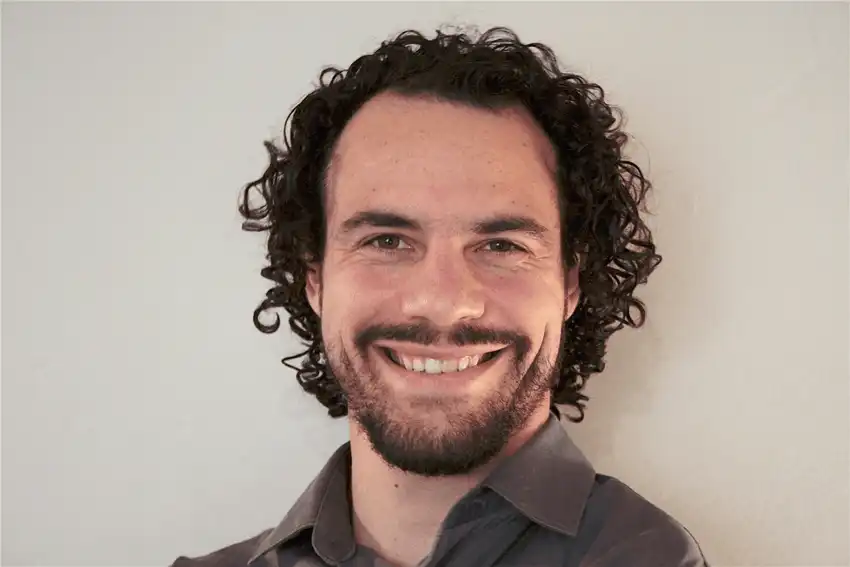Home>Samuel Miles: Sciences Po and the sustainability transition
16.05.2020
Samuel Miles: Sciences Po and the sustainability transition
Sam Miles is an expert in decarbonized energy solutions, with experience working, writing, and teaching in more than 30 countries. He is a graduate of Sciences Po’s Masters degree in International Energy and a 2011 recipient of the Michel David-Weill Scholarship. In this interview he discusses his time at Sciences Po and provides advice to recent graduates.
What program(s) did you complete at Sciences Po?
I was part of the inaugural Master's in International Energy cohort, concentrating in Environment and regionally, Sub Saharan Africa. I helped found the Sciences Po Energy Association and was part of the 2013 CRIT football championship squad for Paris, took hip-hop dance and judo as elective courses.
What brought you to the United States?
I grew up mostly in the US (my father is American) and after 4 years in Africa following Sciences Po, returned to the US to be closer to my family, support the #resistance, and evaluate the possibility of doctoral research. I also believe that there is no educational substitute for experiencing different cultures—which one can only really achieve by living and working in a place for several years. The process, for me, never ends—I hope to be a life-long learner and thus a life-long nomad.
Describe your line of work. What do you enjoy most about your job? What's the most challenging thing about it?
I am currently a freelance writer and consultant. I most enjoy the freedom to work on things I care about, and the freedom to do it from wherever I want. The most challenging aspect is being 'off the clock'— when you work for yourself, there's no difference between life and work! On top of this, the current corona crisis is testing all auto-entrepreneurs’ resilience in the face of global economic adversity.
Looking forward, I am embarking on a doctoral research program focusing on the intersection of mini-grid technologies for energy access and the unfolding of African urbanization at the University of California, Berkeley. Here, my passion for depth of expertise, reading, writing, and working with colleagues on intellectual pursuits of ethical import represent a continuation of my pursuits as an independent writer.
How did Sciences Po prepare you for your career?
My engagements focus on the sustainability transition, in particular energy issues in emerging markets. Sciences Po prepared me not only with content expertise in this domain but also a business network—some of my longest-running client relationships stem from my Sciences Po days. In many ways, Sciences Po provided the launchpad for my career; my first full-time job as a consultant was with the firm that hired me as an intern in the 3rd semester of my Master's. I anticipate the contacts I have developed through my time at Sciences Po will make my PhD transition and journey all the richer for the bridges it provides across and beyond Europe. In fact, my advisor at Sciences Po provided the successful letter of recommendation for admission for my top doctoral program.
Any advice for current Sciences Po students and young graduates?
"Network is net worth." Find the people doing what you are legitimately passionate about. LinkedIn is your friend. Invite them for a drink, take notes, and follow up. Repeat for friends and allies! Think about who you want to be, learn to articulate that vision, and accept that the fact that this will often change does not lessen the imperative to confidently—and specifically—describe that vision at any given time. Get that elevator pitch tight, if for no other reason than as a north star to guide yourself.
Lastly, think often, late at night, about the Fourth Industrial Revolution and meditate on the fact that today’s graduates will have multiple careers in our lifetimes—and that many of the jobs we will perform in the future do not yet exist today.
